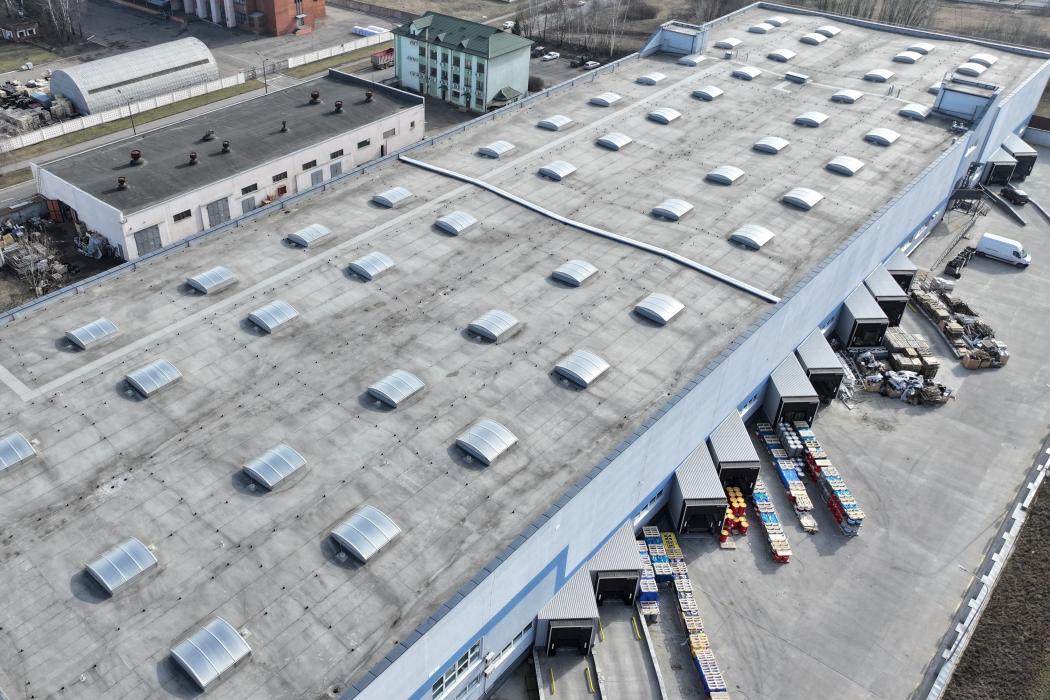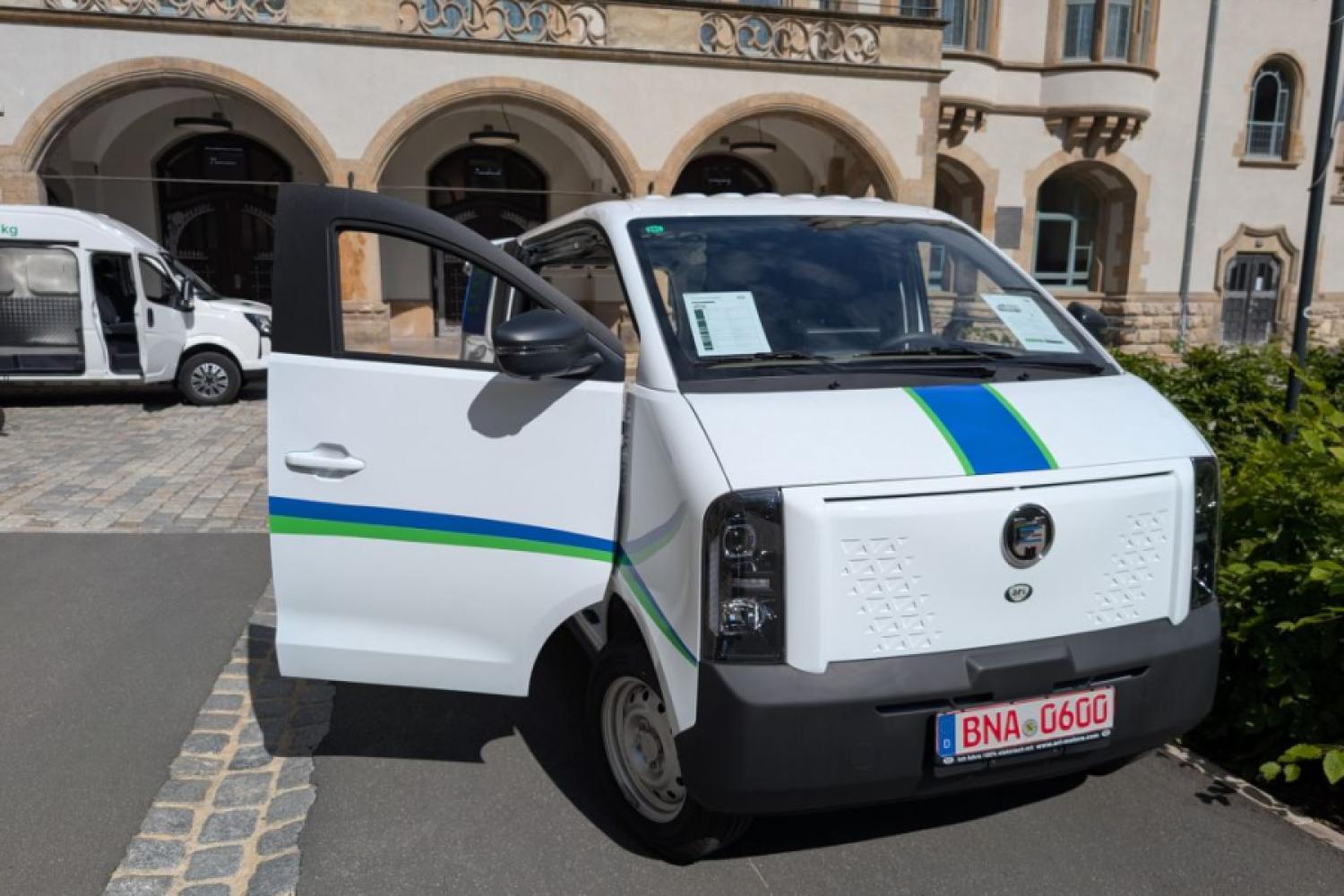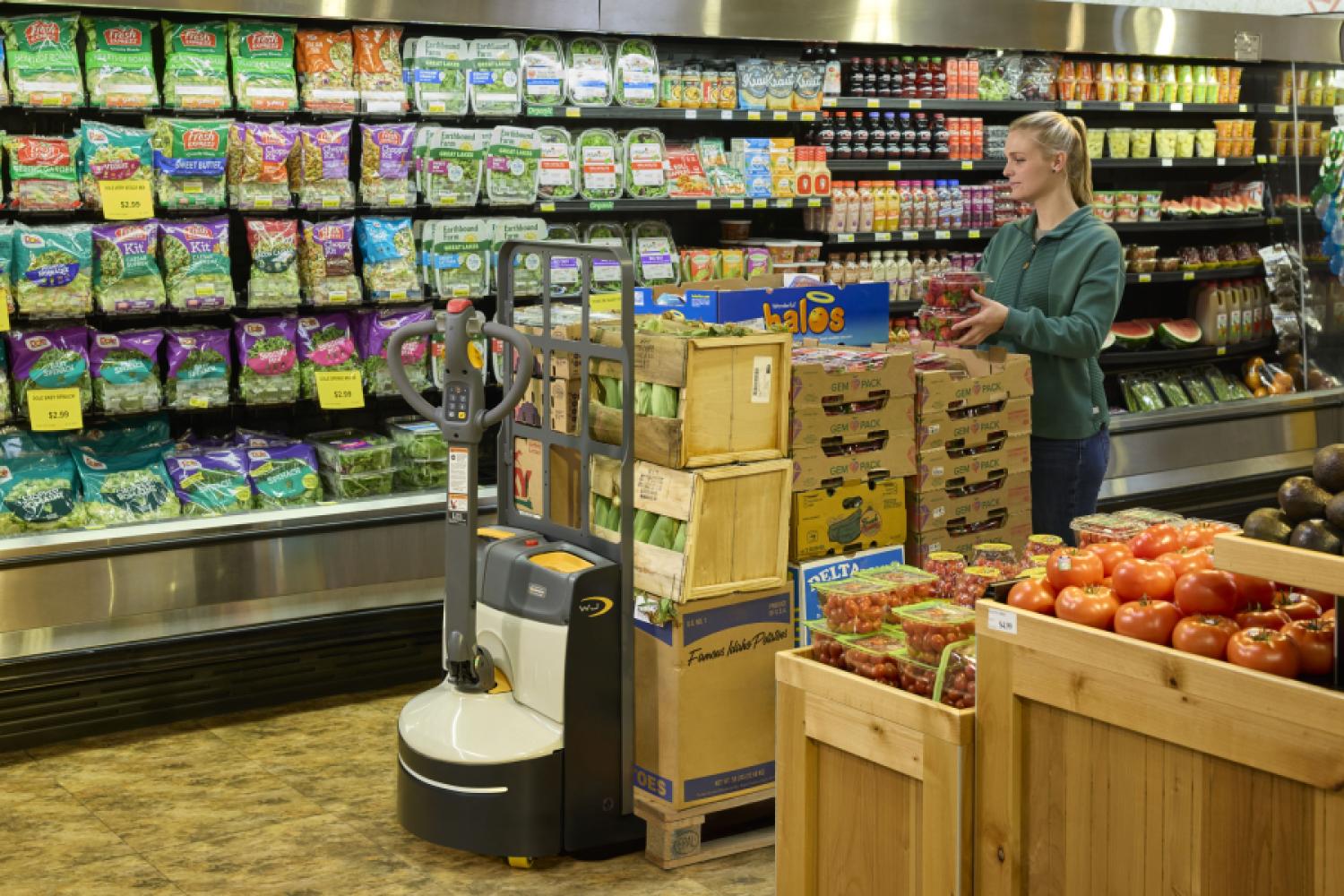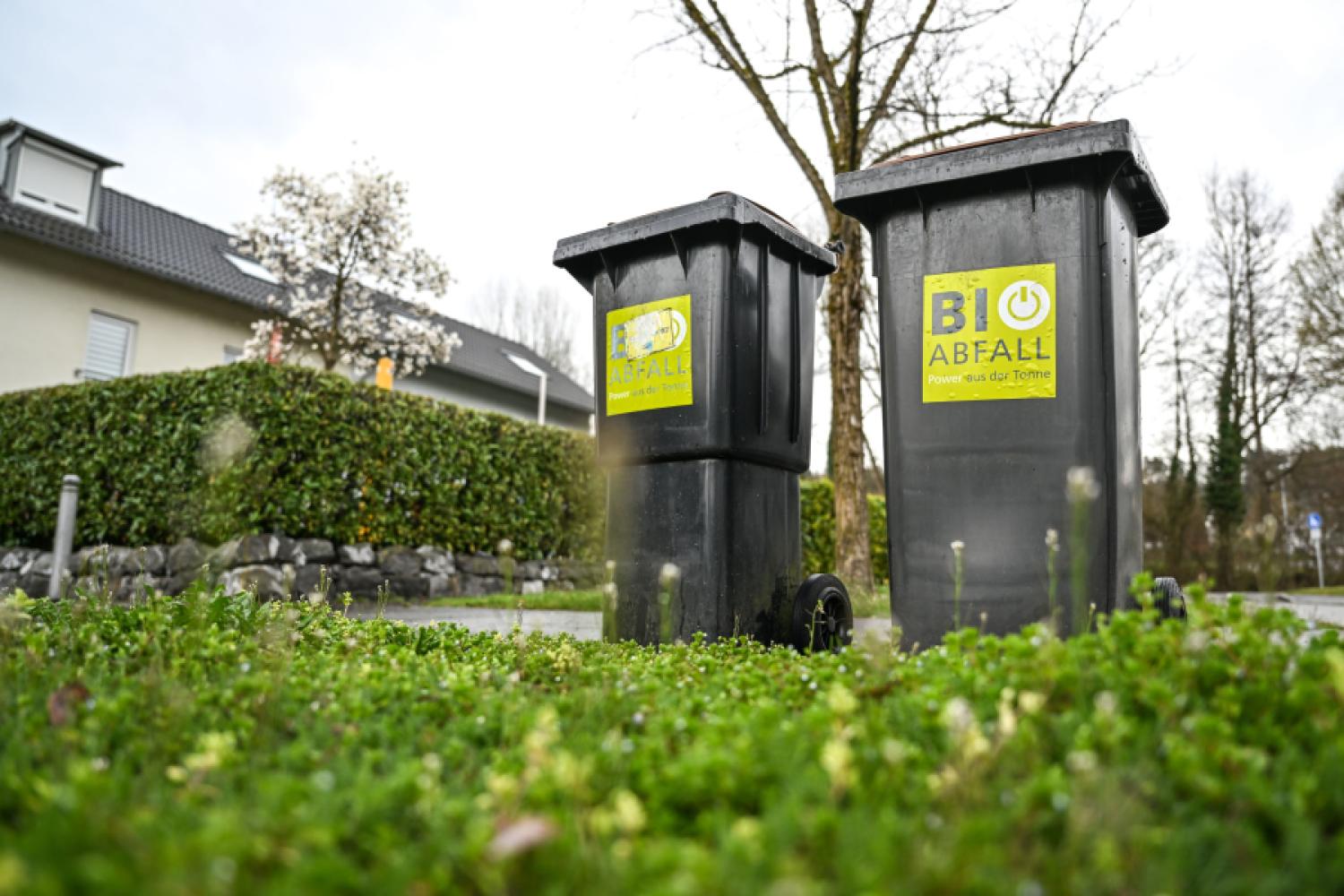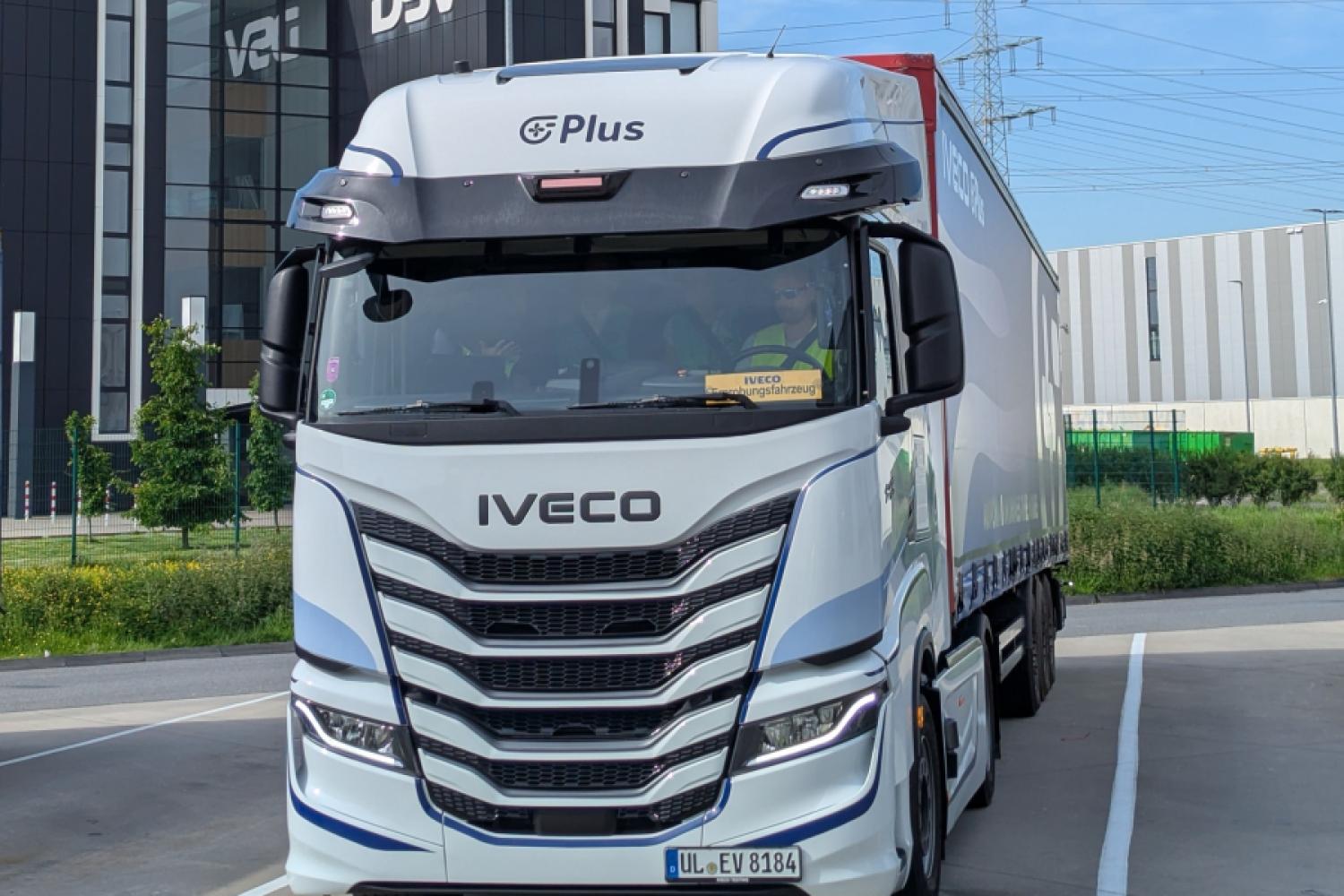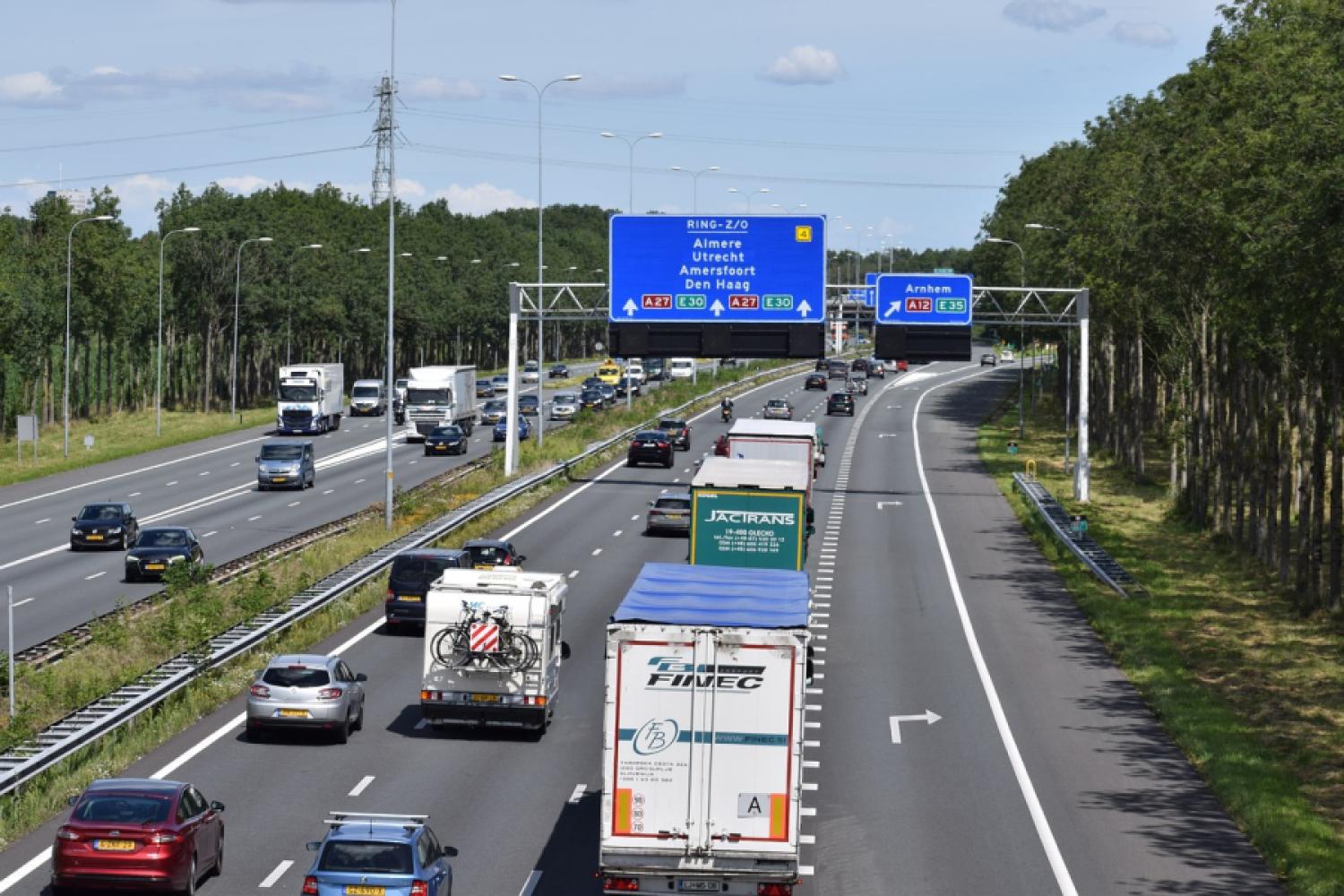The supply of sustainable industrial and logistics real estate will not be able to keep up with demand according to the report "Powering Operational Excellence" by Jones Lang LaSalle (JLL). The supply gap for energy-efficient and low-emission properties in this country is expected to be around 42 percent by 2030, making Germany one of the European markets with the highest undersupply. Only in Belgium (79 percent) and France (45 percent) will even more space be lacking, JLL communicated to the public on June 6. With an average of around 28 percent, there is a shortage of sustainable properties across the continent; specifically, the need for about 51.4 million square meters is expected to fall short by approximately 21.2 million square meters by 2030.
The JLL report "Powering Operational Excellence" considered 900 logistics users from 18 industrial
centers in Europe, North America, and Asia with a total rental space of 79 million square meters. As these are major users representing around 30 percent of the spaces in the analyzed markets, the actual supply gap is likely to be significantly more pronounced according to JLL.
The declared sustainability goals of the surveyed users, the current availability of space, and construction projects were analyzed and evaluated. Thus, around 77 percent of the space demand in Germany by 2030 is subject to specific CO2 reduction goals, and globally the requirements are also increasing:
"Worldwide, more than two-thirds of leading industry players have committed to reducing emissions," said Sarina Schekahn, Head of Industrial & Logistics Agency JLL Germany. "Their goals include switching to sustainable and secure energy supply, introducing efficient energy management, electrifying the fleet, and thereby
being able to adapt to necessary conditions in the long term."
However, 57 percent of the stock of industrial and logistics properties in Germany is more than ten years old and would thus often no longer meet today's requirements, Schekahn explained:
"Tenants prefer properties with comprehensive sustainability concepts, which also consider social factors extensively: These include safe, fair, and healthy working conditions as well as access to green spaces, but also positive impacts on the local community, not only through job creation but also by supporting local initiatives."
Furthermore, according to the study, real estate decisions are currently influenced by the ambitious emission reduction goals for 2030 due to the average lease term of seven years, which is why existing tenancies are being re-evaluated. Through sustainability and efficiency measures by the owners, existing tenants could be
retained, new ones gained, and long-term value increases achieved simultaneously. Lastly, advantages in existing properties can be leveraged over build-to-suit properties due to the lack of development-ready plots in many areas.
Not only to achieve climate goals but also to reduce operating costs, users increasingly rely on efficiency measures, says Helge Scheunemann, Head of Research JLL Germany. "Global energy demand is rising significantly, resulting in significant challenges for companies in terms of energy security and costs."
Due to its comparatively high energy demand, the industrial and logistics sector, particularly where automation, robotics, and electric fleets are used and rented out to manufacturing industries, relies on sustainable energy solutions.
Scheunemann said, "With their extensive flat roofs, logistics properties are often suitable for photovoltaic systems for on-site energy generation and for feeding electricity into the electric vehicle charging
